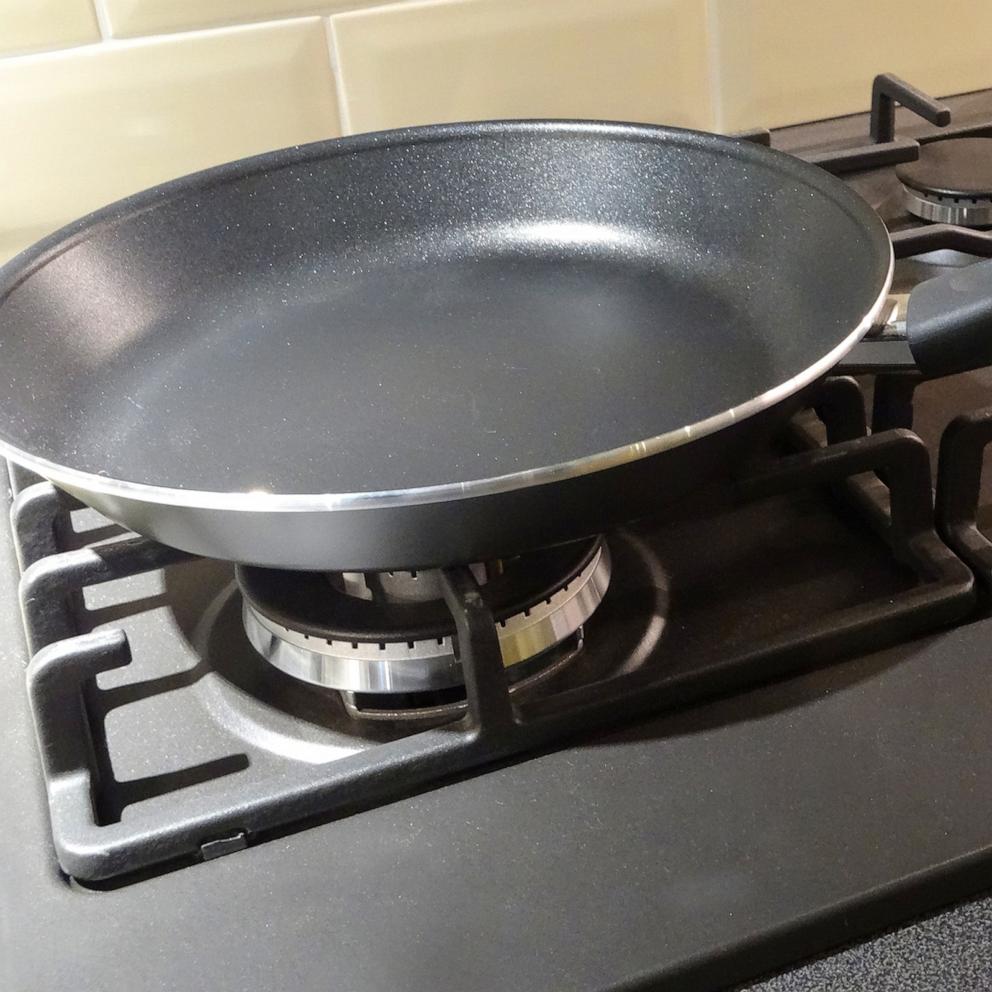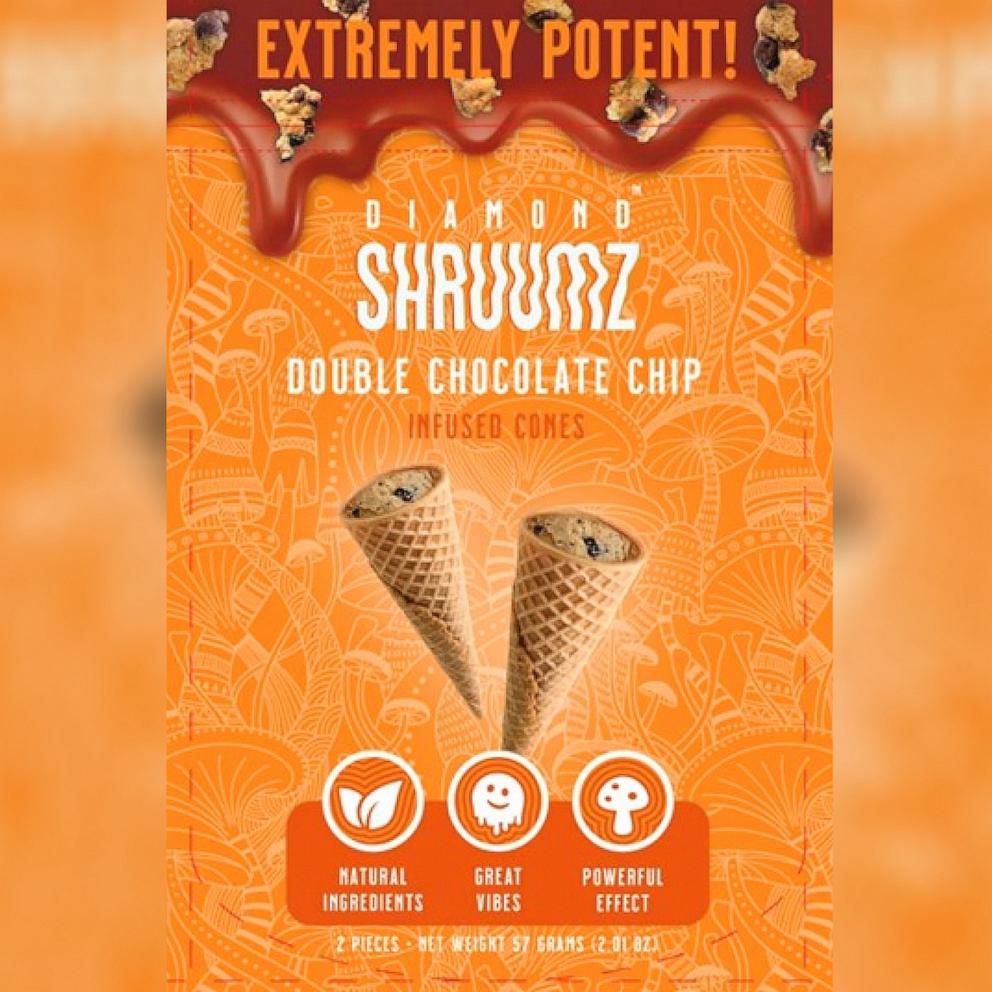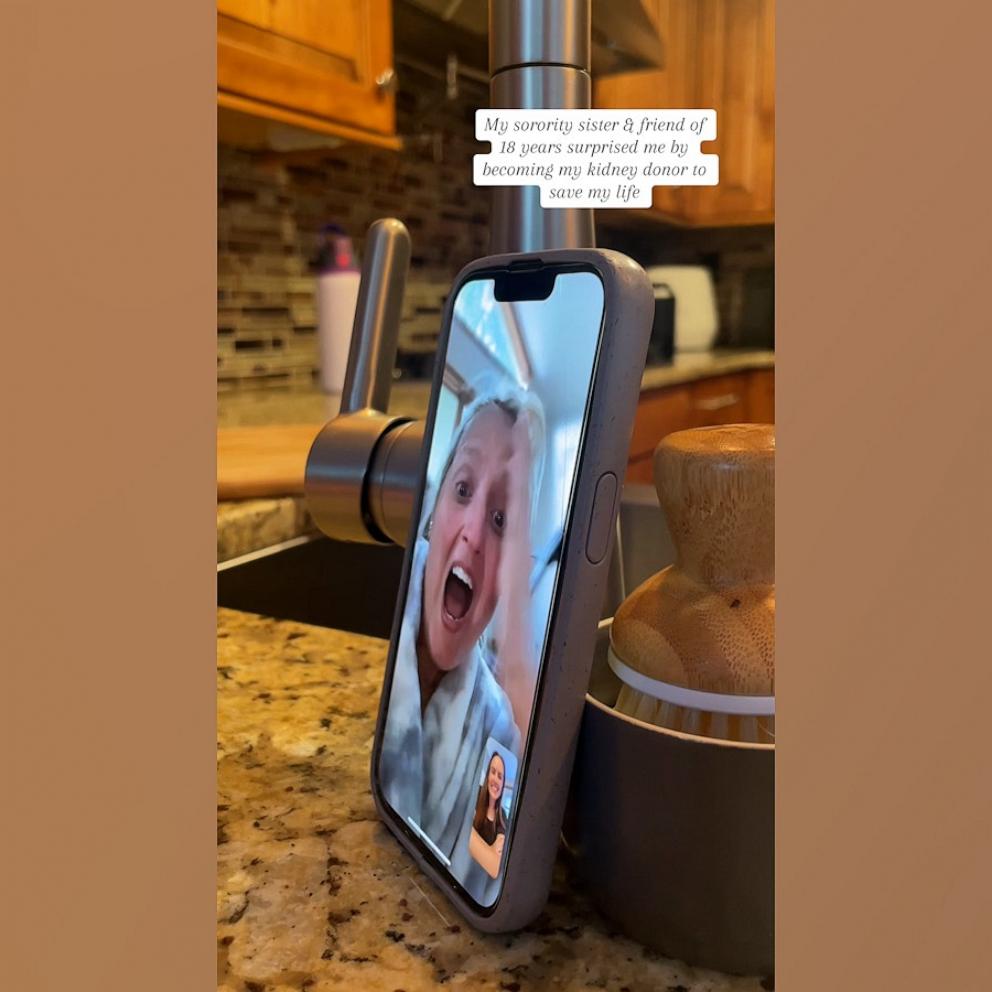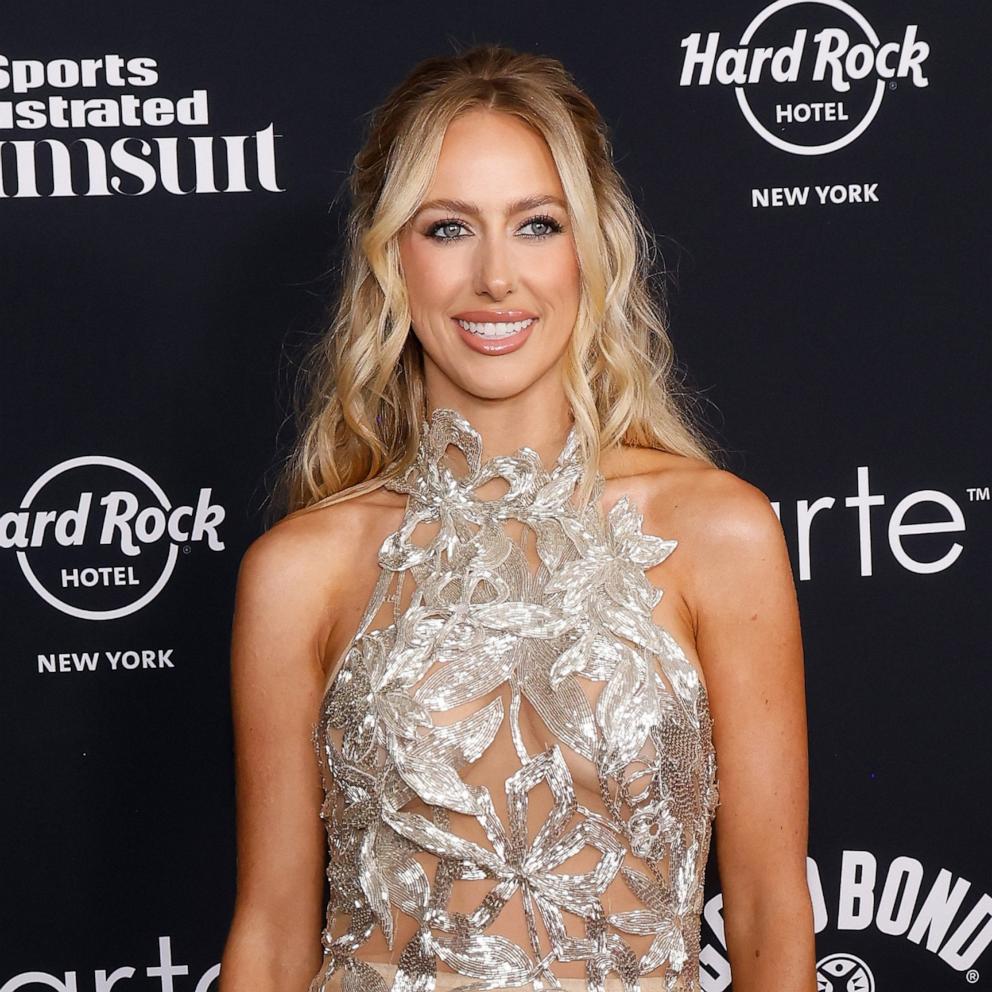With an RSV shot for infants in short supply, here's what parents should know
The U.S. Centers for Disease Control and Prevention said in a health alert issued Monday that infants younger than 6 months old, as well as those with high-risk health conditions, should be prioritized this season for the new preventive RSV shot, nirsevimab, in order to save supply.
Nirsevimab, a new shot given as one dose in the first or second RSV season, was recently recommended by the CDC for all infants younger than 8 months old to prevent complications from respiratory syncytial virus, or RSV. It is not a vaccine but is a passive immunization made of monoclonal antibodies, which are lab-made proteins that help fight off the virus and last about 5 months after the injection.
The manufacturer, Sanofi, said in a statement that demand has been higher than anticipated "despite an aggressive supply plan built to outperform past pediatric vaccine launches."
The size of the dose is variable based on an infant's weight. Sanofi says that the supply of 100-milligram doses for infants that weigh more than 11 pounds has been particularly impacted by demand increases. The 50-milligram dose for infants less than 11 pounds is less likely to be limited.
RSV numbers are on the rise, especially in the U.S. Southeast, and are expected to keep rising for the next one to two months around the country, according to the CDC.
Here's what parents need to know about RSV prevention this season.
Get the RSV shot as early as possible
The 50-milligram dose can only be used for infants that weigh less than 11 pounds, and it should ideally be given in the first week of life, according to the CDC.
There is also a recently recommended maternal RSV vaccine, manufactured by Pfizer as Abrysvo, that's given in the third trimester to protect newborns from RSV through the first 6 months of life. If this shot is given at least 2 weeks before a baby is born, the infant does not need to receive nirsevimab because they have protection passed on from their mother.
"The earliest available option is for pregnant women to get the [RSV] vaccine," Dr. Michael G Knight, a clinical assistant professor of medicine at the George Washington University School of Medicine & Health Science, who has a master's in Health Policy Research, told ABC News.
The youngest infants and those with underlying health problems are at highest risk
Infants less than 6 months old, especially premature infants and infants with weakened immune systems, or underlying heart, lung and neuromuscular conditions, are at highest risk for severe complications from RSV, according to the CDC.

The CDC says American Indian and Alaskan Native, or AI/AN, infants up to 19 months old should also be prioritized. AI/AN children younger than 5 years old are hospitalized with RSV up to 7 times more than national averages, according to a recent study published in Pediatrics.
Dr. Michael Caldwell, associate vice president of vaccine research and education at Meharry Medical College in Nashville, applauded the CDC for prioritizing AI/AN children but worries other racial and ethnic groups could be left out.
Disproportionate rates of prematurity in Black and AI/AN infants also place them at higher risk for severe complications from RSV. Rates of prematurity in Black and AI/AN infants are about 50% and 30% higher than white infants, according to the March of Dimes.
"Special attention and special efforts should be considered and should be implemented to address additional communities at higher risk," Caldwell told ABC News.
Another preventive shot may be available for some infants and toddlers
Palivizumab, marketed as Synagis, is not new and works as a shorter-acting monoclonal antibody shot for which certain high-risk children 2 years and younger may be eligible. Instead of a single shot like nirsevimab, palivizumab is given as a monthly injection throughout the RSV season, up to five doses. Very specific health criteria must be met for children to be eligible for this shot and it often requires prior authorization from insurance companies before use, which may inhibit access.
While some young children are eligible for either shot, infants 8-19 months old who qualify for palivizumab should receive this shot instead of nirsevimab to save supply this season, according to the CDC.
Parents shouldn't panic
Knight also says that parents shouldn't panic if their infant missed the window to receive an RSV shot this season.
"As a child ages, as they get older, their risk for RSV or severe complications from RSV also decreases," Knight said. The youngest infants who are less than 3 months old are the most at-risk age group to be hospitalized with RSV, but as they get older, this risk declines, according to the CDC.
Parents should talk to their pediatrician about which shot is right for their child, and pregnant women should consider the maternal RSV vaccine.
Experts say that despite some limited nirsevimab supply, there have never been more options to prevent severe RSV infection, which is still an exciting breakthrough this RSV season.
Dr. Jade A Cobern, M.D., MPH, neonatal hospitalist and preventive medicine physician, is a member of the ABC News Medical Unit.







